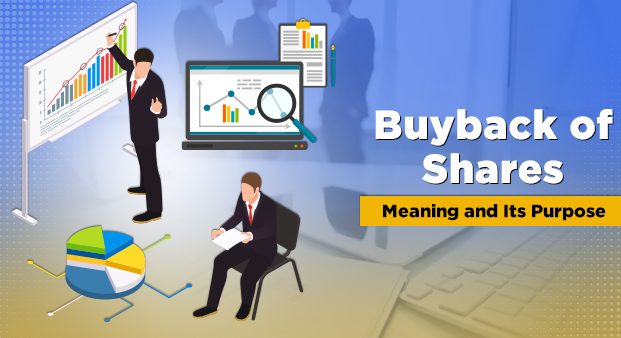Key points
• The procedure for a company to purchase its own shares is strict and complex, and legal advice should always be obtained.
• Buy-backs are useful to return cash to shareholders or to restructure the balance sheet of a company.
• Companies Act 2006, s 694 permits private limited companies to buy back their own shares if their articles do not prohibit them from doing so.
• A company must usually use all of its distributable profits and the proceeds of any fresh issue of shares made for the purpose before it can use its share capital and share premium accounts to fund a buy-back.
• The shares that are bought back must be paid for in full at the time of the buyback (CA 2006, s 691(2)).
• In general, the amount a shareholder receives over the sum paid for originally subscribed shares is a distribution chargeable to income tax.
• If the onerous conditions in CTA 2010, s 1033 et seq are satisfied, however, the full amount can be treated as subject to capital gains tax.
• Multiple completions allow the seller to comply with company law but technical conditions must be satisfied from a tax perspective.
Reasons for a Share Repurchase
A share repurchase reduces the total assets of the business so that its return on assets, return on equity, and other metrics improve when compared to not repurchasing shares. Reducing the number of shares means earnings per share (EPS) can grow more quickly as revenue and cash flow increase.
If the business pays out the same amount of total money to shareholders annually in dividends and the total number of shares decreases, each shareholder receives a larger annual dividend. If the corporation grows its earnings and its total dividend payout, decreasing the total number of shares further increases the dividend growth. Shareholders expect a corporation paying regular dividends will continue doing so.
Why consider a buy-back?
There are several reasons why a buy-back may be considered. Most relevant is its usefulness for returning cash to shareholders, whether because the company has cash on its balance sheet for which it has no foreseeable use in the near future and which it is unable to distribute as a dividend, or because the company is to be sold on a ‘debt-free, cash-free basis.
Alternatively, a buy-back can be an appropriate way of restructuring a company’s balance sheet, for example, by increasing the earnings or net assets per share or increasing the company’s gearing ratio such that the rate of return for equity shareholders is improved.
Buy-backs are also commonly used to provide an exit opportunity for shareholders. It is common that parties who have established a company together in the past later wish to go their separate ways. This may be because one of them wishes to retire or to start a new career; it may also arise where there are irresolvable disagreements between shareholders as to how the company should develop. In cases where neither shareholder has the financial resources to enable the purchase of the shares of the other shareholder, a buy-back can be a practical and tax-efficient solution.
In some shareholder disputes, a minority shareholder may choose to bring a claim under CA 2006, s 994 that the company’s affairs are being or have been conducted in a manner that is unfairly prejudicial to the interests of its members generally or of some part of its members, or that an actual or proposed act or omission of the company (including an act or omission on its behalf) is or would be so prejudicial. A common order of the court in such cases is to require the company to purchase the relevant shareholder’s shares using the buy-back procedure.
Similarly, where a director or employee has left the company, the articles may provide that they are required to sell their shares, sometimes – depending on the circumstances of their leaving – for their fair market value. A buyback is often the best way to achieve this sale, particularly where the other shareholders (or some of them) do not have access to adequate funds to enable them to buy the shares themselves.
Finally, buy-backs are common in family-owned companies, as part of the succession planning between generations and to enable the older generation to access some of the value in the company without having to sell the company to buyers outside the family.
Originally posted 2022-06-23 10:38:49.

